As one of the dominant economic systems in the world, capitalism has brought about significant growth and development, but it has also been blamed for several social and political problems. One of the most critical concerns is how capitalism can threaten democracy, the political system that empowers the people to govern themselves. In this article, we will discuss how capitalism can destroy democracy and the role of the state in addressing these threats.
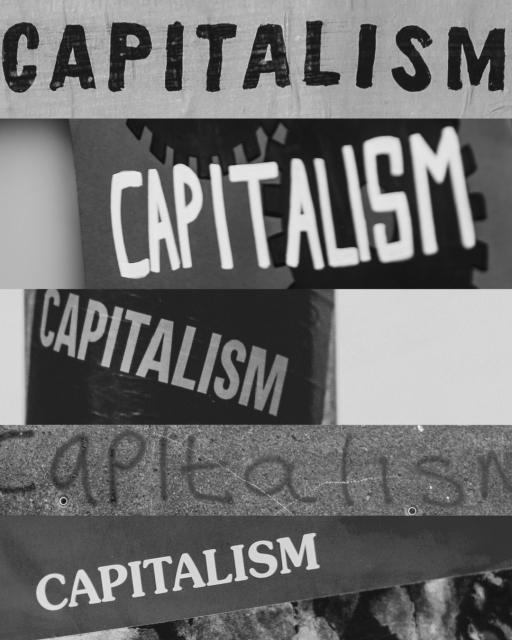
Introduction
Democracy is a political system in which people have the power to choose their leaders and make decisions that affect their lives. It is a system that values equality, freedom, and justice, and it relies on the participation and engagement of citizens. Capitalism, on the other hand, is an economic system in which individuals and businesses own and operate the means of production and distribution for profit. Although capitalism and democracy are not mutually exclusive, the dominance of capitalism can pose a threat to democratic principles.
The Threats of Capitalism to Democracy
The concentration of Wealth and Power
One of the main threats of capitalism to democracy is the concentration of wealth and power in the hands of a few. As capitalists accumulate wealth, they gain more influence over political decision-making, often resulting in policies that favor their interests over those of the general public. This phenomenon is known as “elite capture,” where the elite few use their resources to shape policies that benefit them.
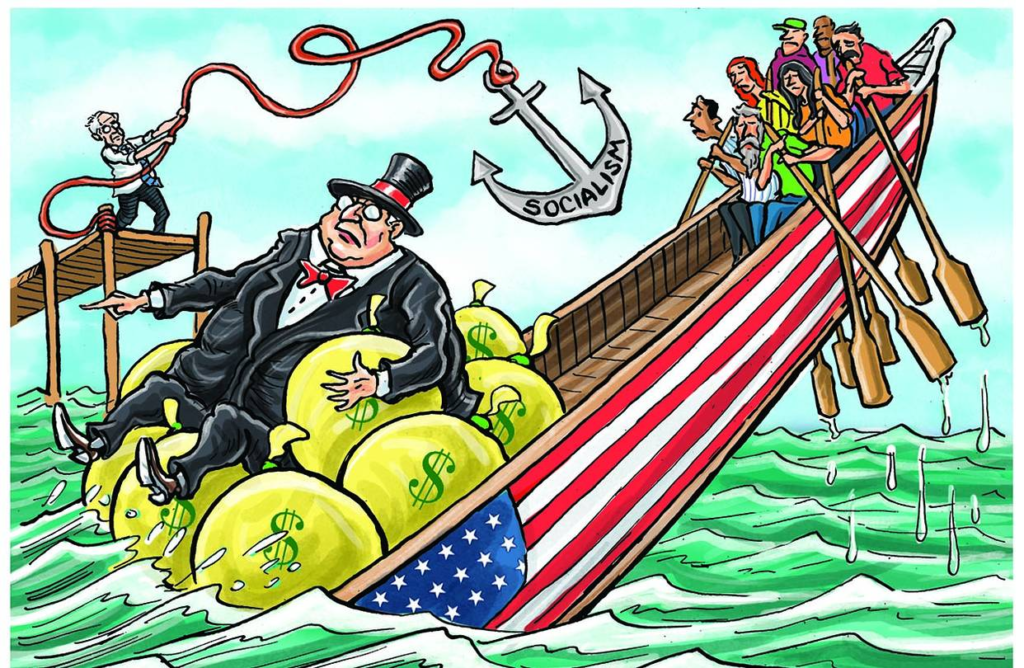
Inequality and Polarization
Another threat of capitalism to democracy is the growing inequality and polarization in society. As wealth and power are concentrated in the hands of the few, the majority of the population is left behind, leading to a widening income gap and social disparities. This inequality can cause social tension and resentment, which can ultimately threaten democratic stability.
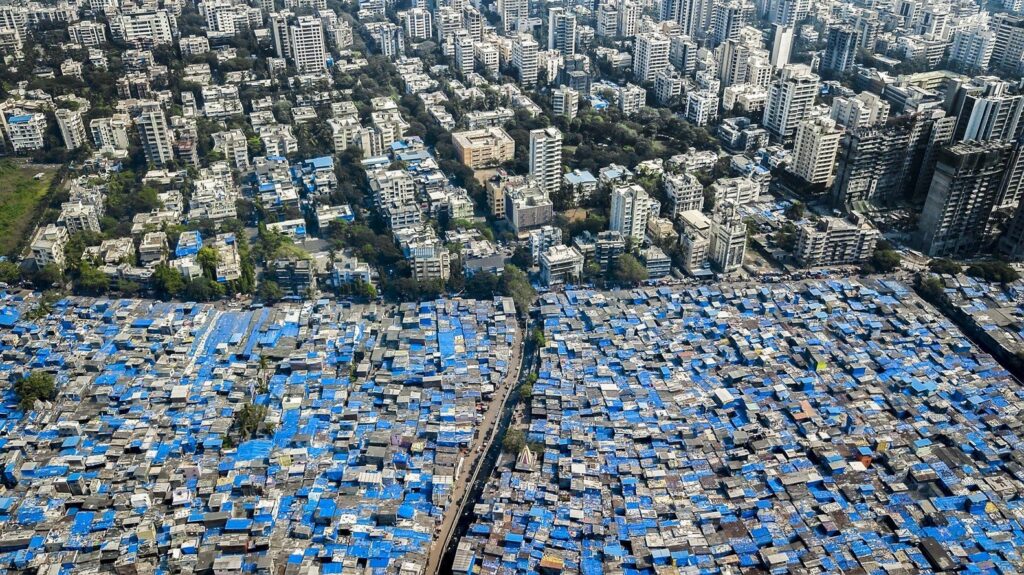
Corruption and Cronyism
Capitalism can also lead to corruption and cronyism, where politicians and business leaders collude to advance their interests at the expense of the public. This phenomenon can undermine the integrity of the democratic process and erode public trust in government institutions.
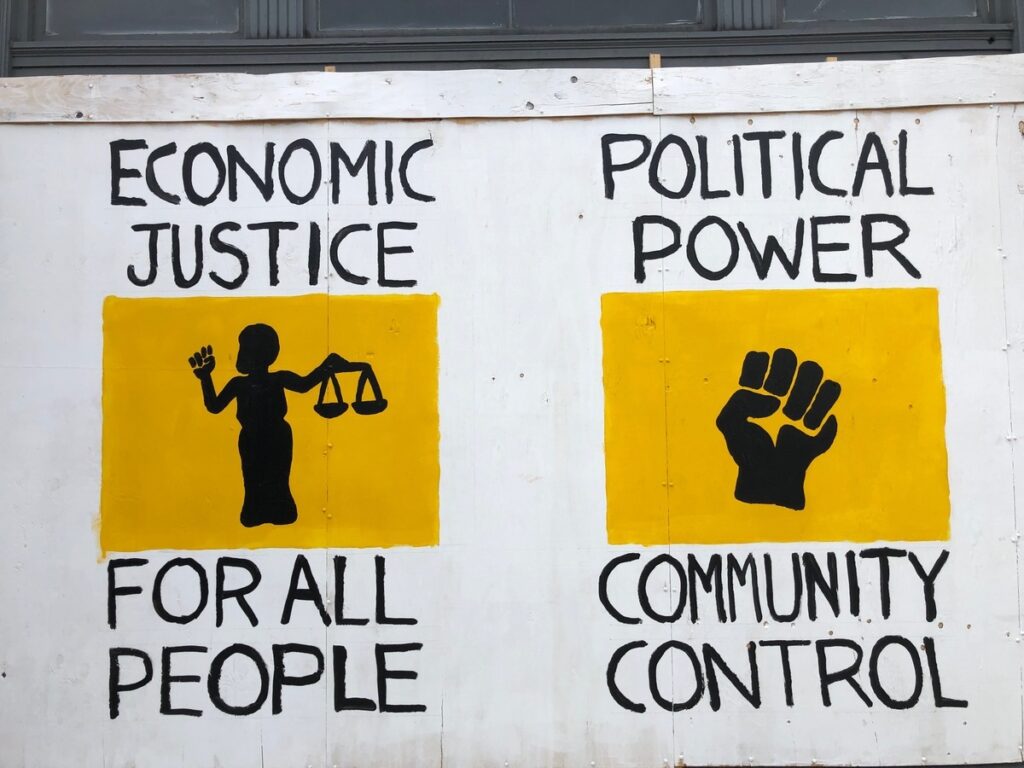
The Role of the State in Protecting Democracy from Capitalism
To protect democracy from the threats of capitalism, the state has a critical role to play. Here are some of how the state can safeguard democracy from the dangers of capitalism:
Regulating the Economy
The state can regulate the economy to prevent the concentration of wealth and power in the hands of a few. This can be done through policies that promote fair competition, prevent monopolies, and redistribute wealth through taxation and social welfare programs.
Protecting Workers’ Rights
The state can also protect workers’ rights and promote social justice by enforcing labor laws and ensuring that workers receive fair wages and benefits. This can help reduce inequality and promote social cohesion.
Strengthening Democratic Institutions
The state can strengthen democratic institutions by promoting transparency, accountability, and participation. This can be done through policies that increase access to information, reduce corruption, and promote civic engagement.
Encouraging Civic Education
The state can also encourage civic education to promote democratic values and principles. This can be done by investing in education programs that teach citizens about their rights and responsibilities and promote critical thinking and civic engagement.
Conclusion
Capitalism has brought about significant economic growth and development, but it can also pose a threat to democratic principles. To safeguard democracy from the dangers of capitalism, the state has a critical role to play. By regulating the economy, protecting workers’ rights, strengthening democratic institutions, and encouraging civic education, the state can protect democracy from the threats of capitalism and ensure that people have a voice in the decisions that affect their lives.
FAQs
- Is capitalism inherently bad for democracy?
Capitalism is not inherently bad for democracy, but its dominance
- How does capitalism threaten democracy?
Capitalism can threaten democracy through the concentration of wealth and power, growing inequality and polarization, and corruption and cronyism.
- What can the state do to protect democracy from capitalism?
The state can regulate the economy, protect workers’ rights, strengthen democratic institutions, and encourage civic education to protect democracy from the threats of capitalism.
- Can democracy and capitalism coexist?
Democracy and capitalism can coexist, but the dominance of capitalism can pose a threat to democratic principles.
- What can individuals do to protect democracy from the threats of capitalism?
Individuals can engage in civic activism, promote transparency and accountability, and support policies that promote social justice and reduce inequality to protect democracy from the threats of capitalism.
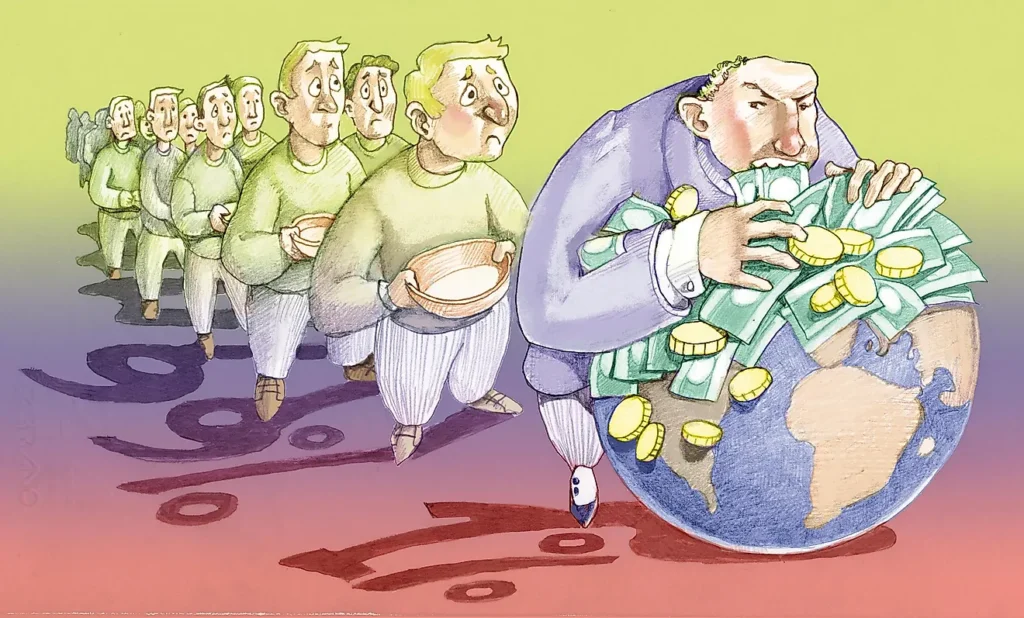
Disclaimer
The views expressed in this article are solely those of the author and do not represent any political, social, or financial entity. The article is provided for informational purposes only, and the author is not responsible for any actions taken based on the information contained herein. Readers are encouraged to conduct their own research and seek professional advice before making any decisions that may have legal, political, social, or financial implications. The author assumes no liability for any errors or omissions in the content of this article.

Outstanding feature